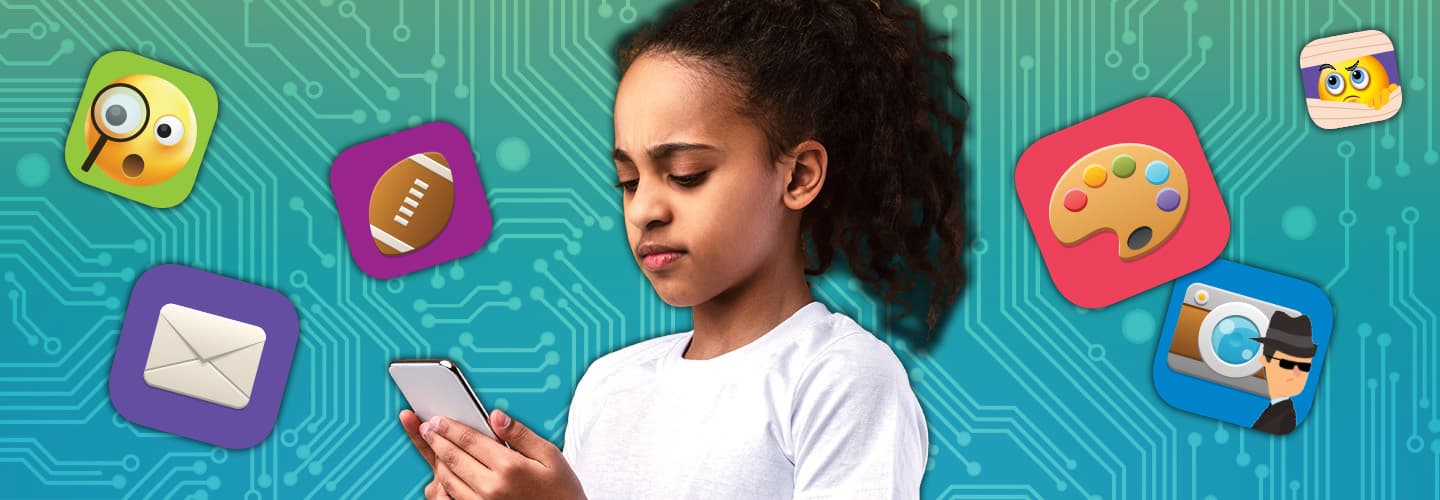You spend Sunday afternoon watching videos of adorable puppies on YouTube. Then for the next few days, every app you open shows you ads for chew toys, puppy treats, water bowls, and grooming kits. It’s as if the entire internet knows you like dogs!
Has anything like that ever happened to you? If so, you weren’t imagining things. Most apps are constantly gathering data. They track what videos users watch, what games they play, and what they search for.
But apps aren’t supposed to collect that information about you. It’s generally illegal to gather online data from kids under 13 without a parent’s permission. Yet a recent report by a company called Pixalate shows that it may happen anyway. Pixalate studied nearly 400,000 apps directed at children and found that many of them do track kids’ online activity.
Companies often say they aren’t purposely tracking children. Many apps don’t confirm people’s ages, so they may end up gathering kids’ names and other personal details along with those of adults. And some kids lie about how old they are to use apps that have age restrictions.
What worries experts is that many people have no idea that they’re being watched online.
Imagine spending Sunday afternoon watching videos. They’re clips of adorable puppies on YouTube. Then for the next few days, you notice something odd about every app you open. Some have ads for chew toys or puppy treats. Others show ads for water bowls and grooming kits. It’s as if the entire internet knows you like dogs!
Has anything like that ever happened to you? If so, you weren’t imagining things. Most apps are constantly gathering data. They track what videos users watch, what games they play, and what they search for.
But apps aren’t supposed to collect that information about you. It’s generally illegal to gather online data from kids under 13. Companies need a parent’s permission. Yet a recent report by a company called Pixalate shows that it may happen anyway. Pixalate studied nearly 400,000 apps directed at children. The report found that many of these apps do track kids’ online activity.
Companies often say they aren’t purposely tracking children. Many apps don’t confirm people’s ages. Because of this, they may end up gathering kids’ names and other personal details along with those of adults. And some kids lie about how old they are. They do this so they can use apps that have age restrictions.
What worries experts is that many people have no idea that they’re being watched online.

